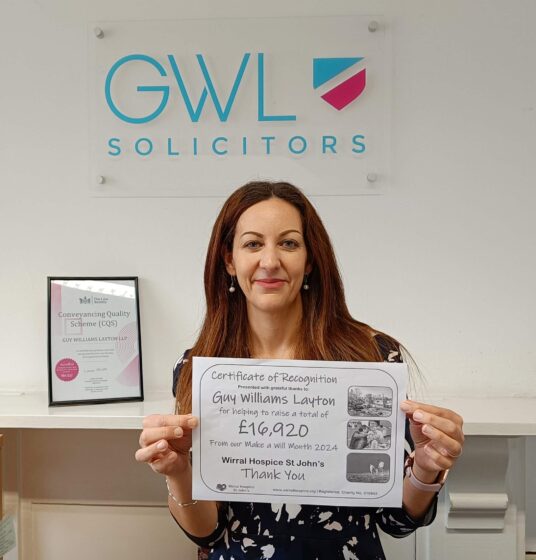
All businesses large or small have some form of IP and should properly audit and evaluate their IP in order to protect, enhance and commercialise. Here are some basic tips to consider in relation to your IP:
- Registering Rights
Most IP that arises is not registered such as copyright, trade names, data and trade secrets. However, some of your IP may be worth registering so as to add value and increase its protection. This is particularly true of Trade Marks, Designs and Patents (where you have an innovative creation).
- Putting the World on Notice of your Proprietary Rights
This can be easily achieved by adding copyright notices to documents, data lists, plans and images and also to your website if original content. A small c in a circle with confirmation of who the owner is will be sufficient. Notices can also be added in respect of an unregistered mark with a TM in a circle.
- Commercialising your IP
You may wish to allow others to use the IP that you have created by way of a licence or manufacturing agreement. This will generate income for your business. Also, a franchise may be appropriate for your business model, thus adding real value and a new income stream with franchisees being permitted to use your business model and trade mark.
- Keeping a record of your IP
It is important to specifically identify what IP you own and what IP you share with others (perhaps by way of joint ownership). Also identify what IP you might be licensed to use (which is owned by others). You may for example have an exclusive licence to distribute software or to use a patented invention in your process or products that you make. A record should identify the lifespan of such rights and dates for renewals, such as Trade Marks.
- IP Insurance
Wherever possible, enquire about before the event insurance cover for your IP so as to protect from third party attack and infringement. Such insurance, if financially viable, will provide legal expenses protection in the event of a third party infringement or where registered rights are being undermined through revocation or invalidity proceedings.
- Keep your Employment Contracts up to date
Ensure that your contracts of employment cover IP issues such as the defining when something is created within the employment relationship and outlining the duty on the employee to assist you in registering rights and protection generally. If your employee creates IP then they should also be required to keep good records identifying and supporting original creation.
- Placing a Value on your IP
IP has intrinsic value and should be identifiable on the Balance Sheet/ Management Accounts. The value should include what resources have been expended in creating the IP including development costs and employee time. The value should also identify future revenue/ royalties to be generated from the IP. When seeking investment or exit, you should be able to justify such value in real terms.
- Third Party Contracts
Make sure that any commercial agreement you enter into addresses the issue of protection of IP, whether a registered Trade Mark, copyright in a database or trade secret. Ensure that the correct clauses are included such as a duty on the third party to inform you of any likely infringement or challenge to your IP; also essential in distribution arrangements.
- Legal Advice
It is more cost effective to ensure that adequate legal advice is taken from the outset than taking advice after a problem has arisen. Be pro-active and plan ahead and put your legal and financial advisers in place to help you with the future strategy and management of your IP.
- Post Brexit
Just because the UK is leaving the EU does not mean the end of IP protection for UK businesses. If you continue to trade with the EU then registering IP in the EU will still be possible and should not be abandoned. It is likely that a certain degree of harmonisation will be maintained post Brexit.
If you require any assistance on these or other related issues regarding your IP then please contact Michael Sandys at Guy Williams Layton LLP at mls@gwl.co.uk or on 0151 242 5995.








